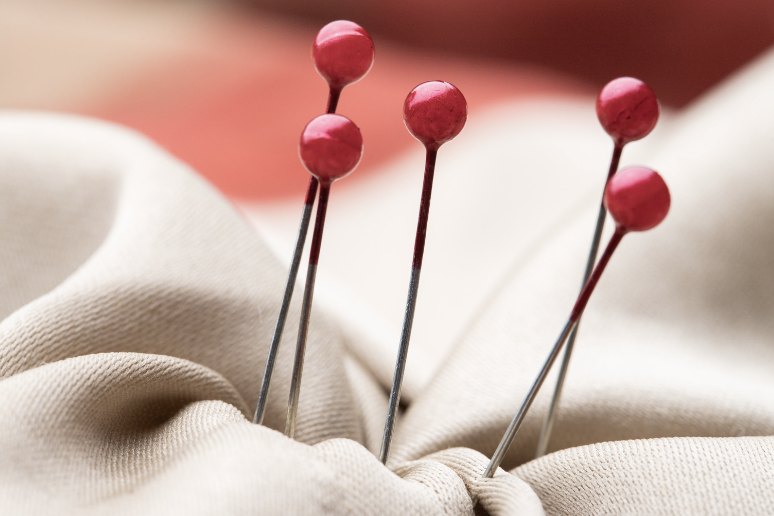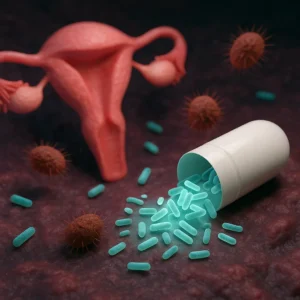75% of people with vaginas will have thrush in their lifetime, and in the UK 1.2 million women will have recurrent thrush[1].
Thrush is not an issue isolated to people with vaginas. 1 in 25 of people assigned male at birth will develop thrush in their lifetime.
Thrush is caused by an overgrowth of yeast in the vaginal ecosystem, with symptoms like itching, irritation, and white discharge that can severely impact quality of life. Recurrent thrush, also known as recurrent vulvovaginal candidiasis (RVVC), is defined as having at least four episodes of thrush in a year[2].
But did you know that understanding which yeast species is causing the issue is key to effective treatment? Here’s why:
1. Not All Yeasts Species Are Created Equal
- While Candida albicans is the most common culprit behind thrush, other species like Candida glabrata, Candida tropicalis, or Candida krusei can also cause infections.
- These non-albicans species often behave differently and can be resistant to standard antifungal treatments. Misidentifying the yeast can lead to ineffective treatments, prolonging symptoms and frustration.
2. Tailored Treatments Are Essential
- The treatment for C. albicans (commonly fluconazole) may not work for non-albicans strains. For example:
- C. glabrata often requires topical treatments or alternative medications.
- Resistance is more common in non-albicans species, necessitating a targeted approach.
- Identifying the yeast species allows healthcare providers to prescribe the most effective treatment, reducing the risk of recurrence.
3. Breaking the Cycle of Recurrence
- Recurrent thrush is often a sign of underlying issues, such as imbalances in the vaginal or seminal microbiome, hormonal changes, or immune system dysfunction. A microbiome test can provide insights into why thrush keeps coming back.
- Knowing the species also helps determine if environmental or lifestyle factors are contributing. For example, some species thrive in specific conditions, like high sugar diets or antibiotic use.
4. Your Microbiome Matters
- A healthy vaginal or seminal microbiome, helps prevent yeast overgrowth. Testing for both bacterial and yeast populations in your microbiome can reveal imbalances that need correcting, paving the way for long-term health. Therefore, you can optimise and protect your future intimate health and wellbeing.
How ScreenMe Can Help
With gold-standard microbiome testing, ScreenMe helps identify the yeast species behind recurrent thrush and assesses the overall health of your reproductive microbiome. In your free 1:1 consultation, we are able to discuss these results with you and provide personalised recommendations and treatment plans tailored to your needs.
Say goodbye to the cycle of trial-and-error treatments. Take control of your intimate health today! 🌿
Fariba Khonsari
[1] https://www.phc.ox.ac.uk/research/groups-and-centres/health_experiences/recurrent_thrush_primarycare#:~:text=Three%2Dquarters%20of%20people%20with,experience%2C%20known%20as%20recurrent%20thrush.
[2] https://www.nhs.uk/conditions/thrush-in-men-and-women/







